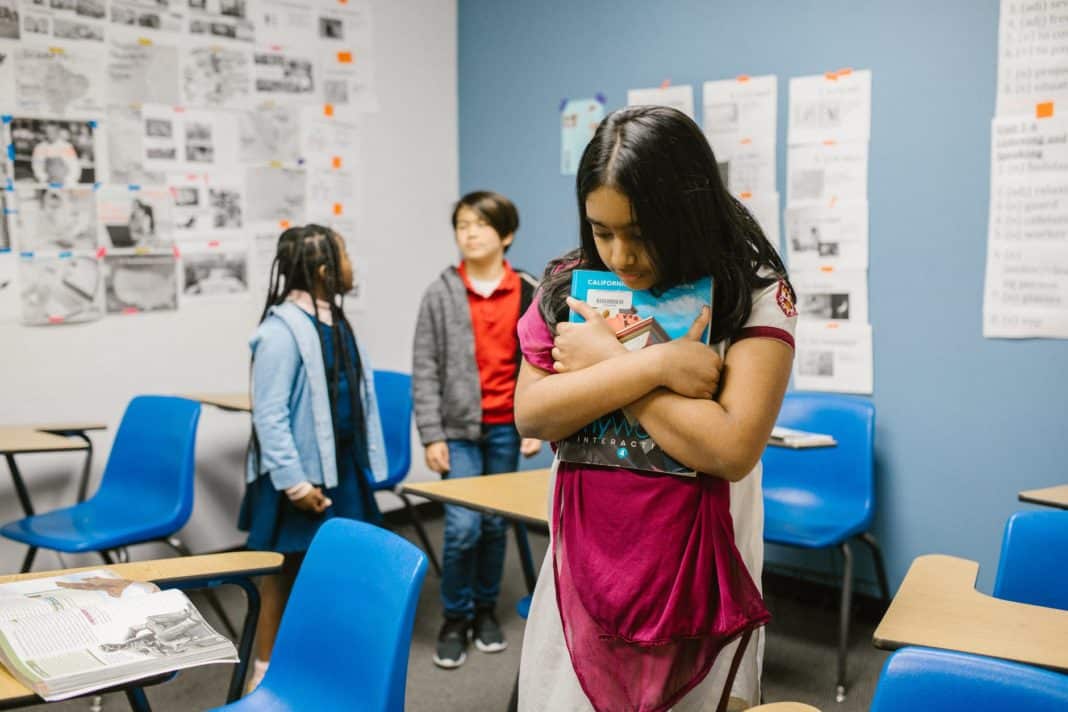The Department of Education has published a new procedure to identify and prevent suicidal behaviour and self-harm among schoolchildren.
The protocol has been issued to all schools, schoolteachers, educational assistants and counsellors, so that they are better able to identify the warning signs and adopt measures, if they become necessary.
The new strategy is an initiative of the Minister, Vicent Marzà, which coincided with last Friday’s International Day for the Prevention of Suicide.
The objective is to intensify the emotional support provided for students, particularly those who find it difficult to face the psychological effects caused by the pandemic.
The general director of Educational Inclusion, Raquel Andrés, said that “it is important that talking about suicide in the classrooms is no longer a subject that is taboo. It is important to establish guidelines for students in this sense, and more so during these difficult times in which the psychological effects and emotional factors of the pandemic are still evident”.
There will also be programs and events aimed at families, as well as school workshops that are planned for students on managing their emotions, how to face difficult situations, and how to prevent self-harm.
The minister has made reference to the increase in suicide attempts among adolescents, as a result of the anomalous situations that derive from the greater isolation required to fight the virus, for which he has launched a mandatory anti-suicide plan for it’s introduction in all centres.
“The psychological situation of many of our students is much more complex due to the pandemic and with this new protocol we will reinforce care while we are developing specific mental and emotional health programs,” said Marzà.
The instructions in this regard, require the creation “as quickly as possible” of new intervention teams in all educational centres. These units will be made up of the principals, counsellors, teachers and coexistence coordinators, with all the teachers receiving additional training to detect possible signs that might reveal suicidal behaviour.
For the very first time, and with “absolute confidentiality”, principals are also obliged to register cases where suicidal behaviour might be suspected, in the same way as they do with cases of school abuse and bullying, in what is called the Previ program, for the prevention of school violence.
The instructions state that an intervention that enables a person to continue living is “possibly the most important action of any professional in his career, whether he is a teacher or not.” The guide includes warning signs and the way to proceed in this regard.
Negative feelings, despair, helplessness and even guilt and shame are indicative of intervening, along with behavioural changes towards greater aggressiveness or more timid behaviour.
WARNING SIGNS THAT INDICATE SUICIDAL SYMPTOMS
Hopelessness. The future looks very negative and without a solution, no solution can be seen.
Abandonment
Rejection, loneliness, feeling that you are not important to anyone, and that you get in the way
Guilt and shame
Hating yourself, feeling that you are not useful for anything and you want to hide.
Behavioural changes
Greater aggressiveness, without respect for limits or periods of calm and apathy.
Lack of concentration
Inattention and, as a consequence, memory loss.
ACTION AND PREVENTATIVE MEASURES
Information
Training and information campaigns and activities involving teachers and students.
Surveillance
Both inside and outside the educational centres to detect risks.
Intervention
Coordinated with municipal social teams. That the student feels he is being understood and helped.
Families
The commitment of the family representatives in the proceedings.
Support
Integrating friends and colleagues in voluntary support.
Suicide attempts among adults increase by 14%
There is also renewed concern in the Province of Alicante at the unacceptable increase in attempted suicides amongst adults, or amongst people who try to kill themselves or who ask a doctor for help because they feel under pressure to do so.
Last year there were 3,807 people in the province, 14% more than the previous year. Most of them were dealt with by family doctors and 1,162 by the hospital emergency services. In the whole of the Valencian Community, the figure was 9,538, an even larger increase of 16%.
Between January and May 2020, 56 people committed suicide , 40 men and 16 women. Of these, 20 were under 50 years of age, which places suicide as the leading cause of unnatural death in younger people, well ahead of traffic accidents and almost at the same level as deaths caused by circulatory problems.
The coronavirus pandemic has also led to an increase in mental health problems in recent months, especially among young people and adolescents. Suicides of people between the ages of 20 and 39 increased by 30% in 2020, according to data from the Generalitat Valenciana. Experts also warn of the gradual reduction in the age of young people who try to kill themselves.
The pandemic has also meant that the already scarce network of mental health resources has been completely overwhelmed by the increase in mental health problems, especially in young people, hence the introduction of the schools protocol which also includes the creation of a day hospital for each province as well as the setting up of community intervention groups.
The hiring of 69 professionals is also planned, who will be integrated into the Children’s Mental Health Units and the Psychiatry services in hospitals. The plan was presented in mid-August although no further details are available at the moment.





